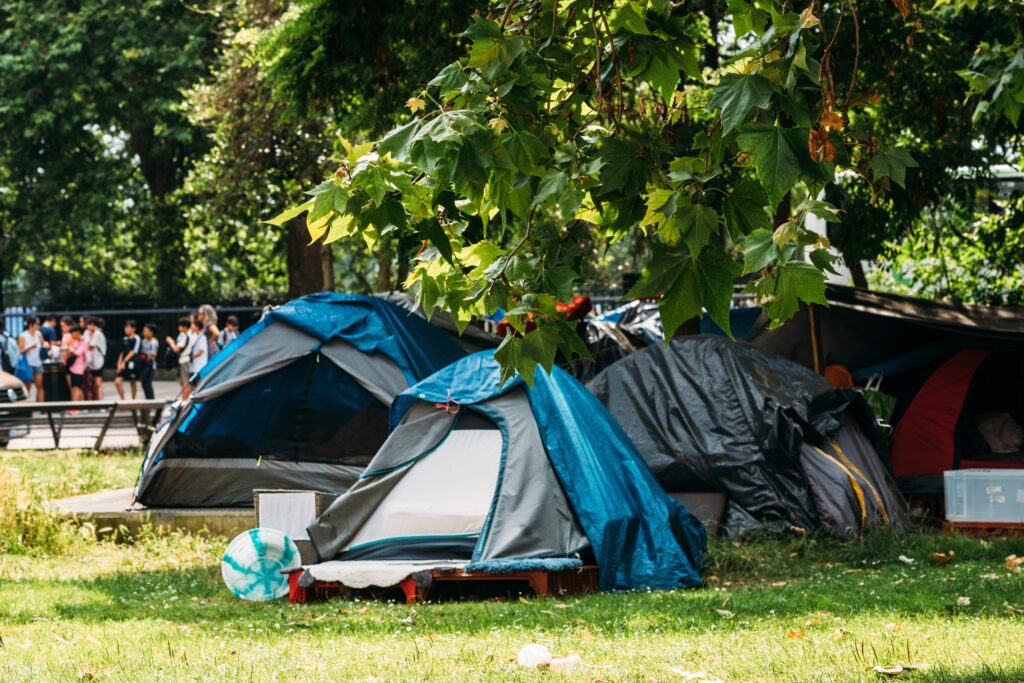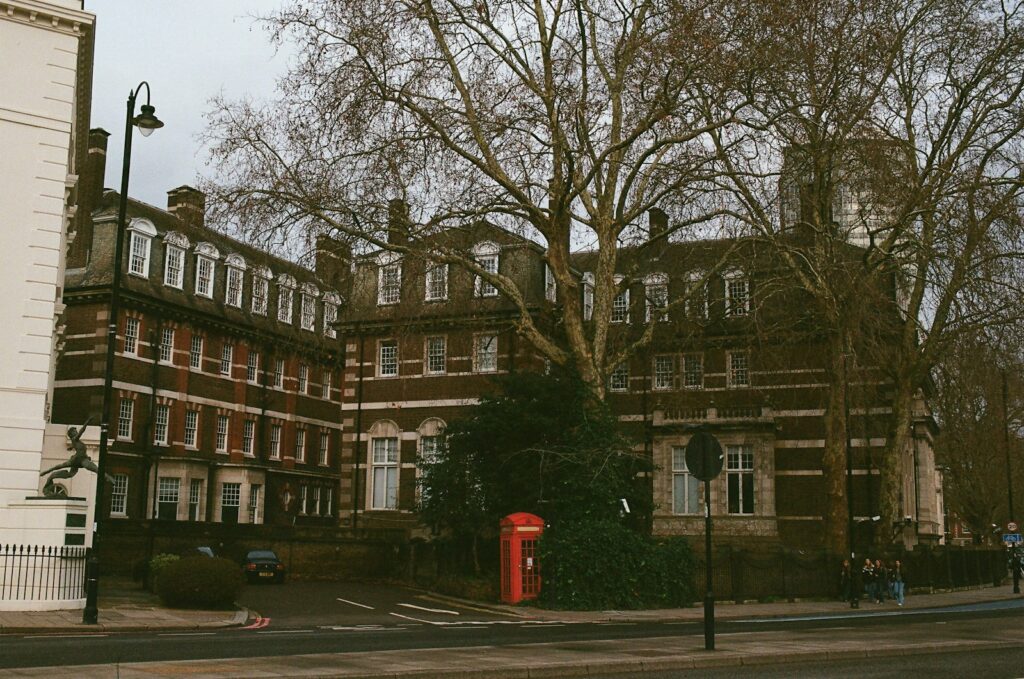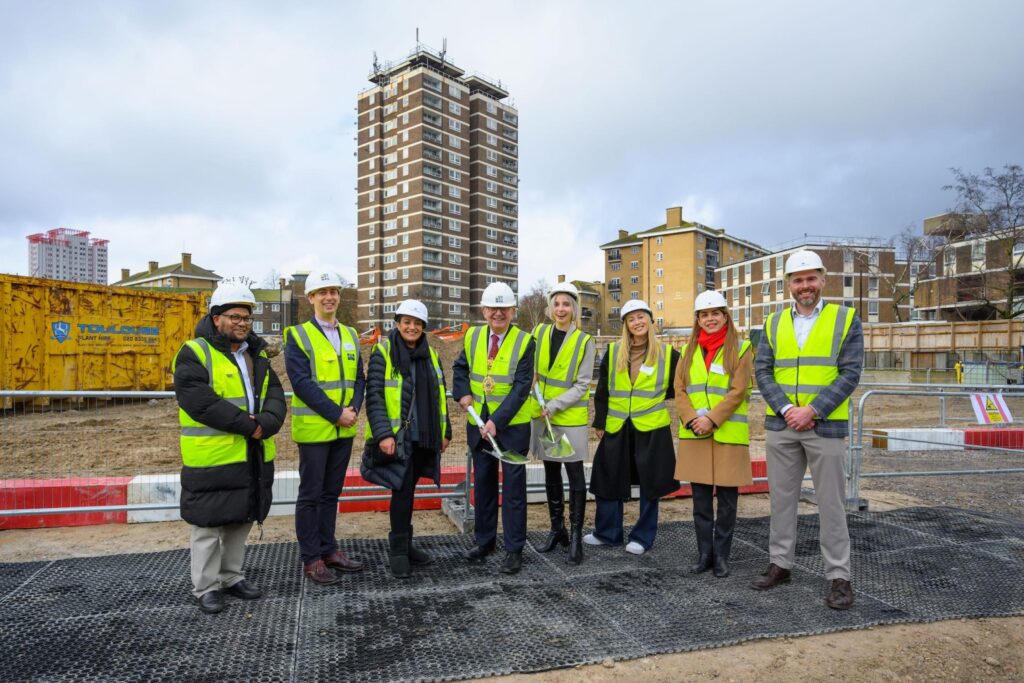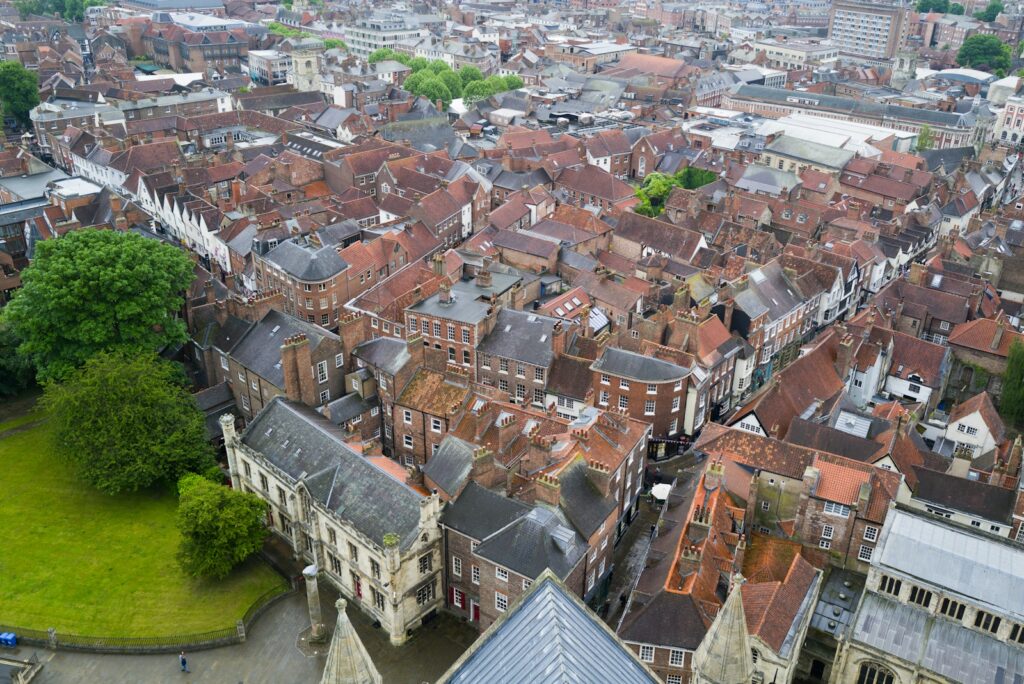The Mayor of the capital city is set to form a coalition.
Sadiq Khan hosted a roundtable last week with the Department for Environment, Food & Rural Affairs (Defra), Ofwat, the Environment Agency, Thames Water, alongside charities, business partners and campaigners. A plan was laid out to ‘transform’ rivers in the city over the next decade.
This includes £7.15million of City Hall funding to prevent runoff from roads entering waterways, reducing flood risk and increasingly rewilding efforts.
London Wildlife Trust has also committed £800,000 for nature recovery initiatives delivered with local communities. Efforts will align with the existing Green Roots Fund, which is administered by City Hall and allows councils and local groups to securing funding for tree and wildflower meadow planting, and the development of parklets and other green spaces.
‘London Wildlife Trust is proud to stand alongside the Mayor in a coalition dedicated to improving London’s waterways,’ said David Mooney, CEO of London Wildlife Trust. ‘For too long, our rivers have been treated like open sewers, and this roundtable presents a crucial opportunity to change that. With an initial commitment of over £800,000, we will be working closely with the Mayor over the next three years to support nature’s recovery along our precious waterways.’
Thames Water will inject the majority of funding for London’s big water cleanup, with 26 sewage overflows set to undergo upgrades on the Roding, Wandle, Lee and Brent rivers. These projects will take a lead from work on the Tideway scheme now the ‘super sewer’ tunnel has come online.
Since operation began, the infrastructure has captured 6.2million tonnes of sewage. Once the Lee Tunnel is completed, the two combined should remove 95% of sewage from entering the tidal Thames.
‘Today marks the start of the next phase of improvements with a £1.8bn investment programme that shifts the focus from the Thames to its tributaries and includes a major new programme to reduce sewage overflows on the Roding, Wandle, Lee and Brent,’ said Chris Weston, CEO of Thames Water.
According to a survey by YouGov and the Mayor of London, the state of the city’s waterways are one of the biggest environmental concerns among residents, with sewage and plastic wast particularly worrying issues. A significant divide was also identified between Black, Asian and lower income households, who were found to be less likely to visit natural spaces on a weekly basis than other groups.
‘Despite the fact that in London people from lower socio-economic backgrounds, as well as people in Black and Asian communities are less likely to visit the city’s natural spaces, 19% of people across the living within 10-15 minutes’ walk (1km) from a blue space or waterway are from ethnically diverse backgrounds,’ said Danielle Obe, Chair and co-founder of the Black Swimming Association. ‘Cleaning up these bodies of water is the first major step towards safely introducing these communities to outdoor water based activities.’
Photo by Shannon Tremaine via UnSplash
In related news:
Planning permissions have plummeted to record-lows, research shows

















Leave a Reply